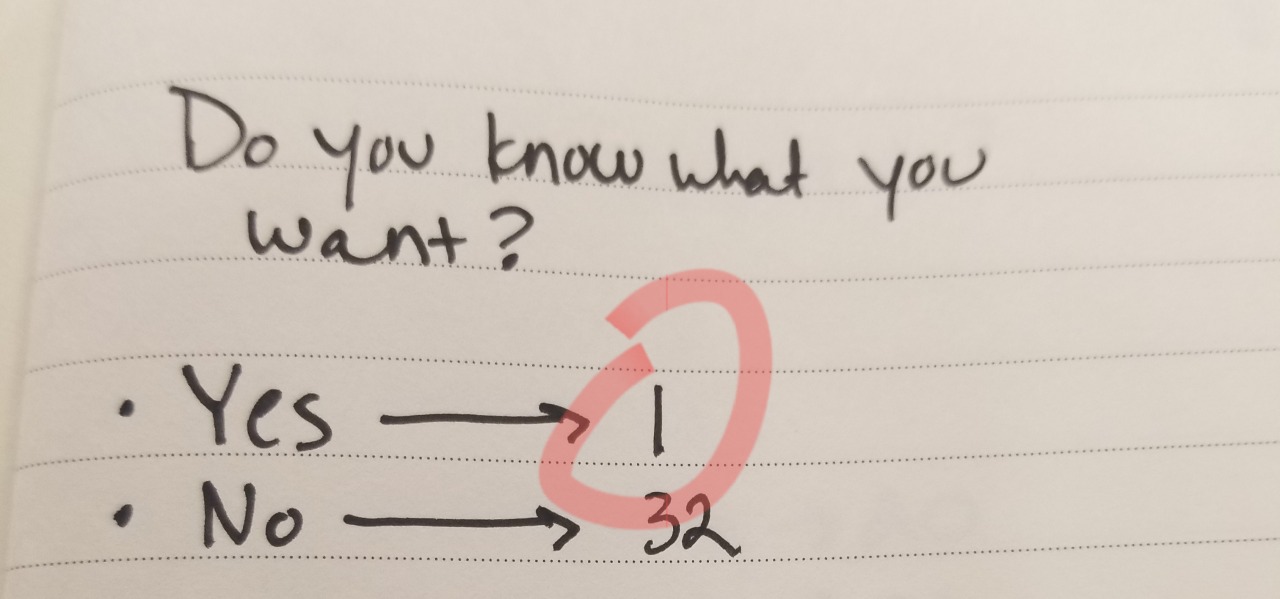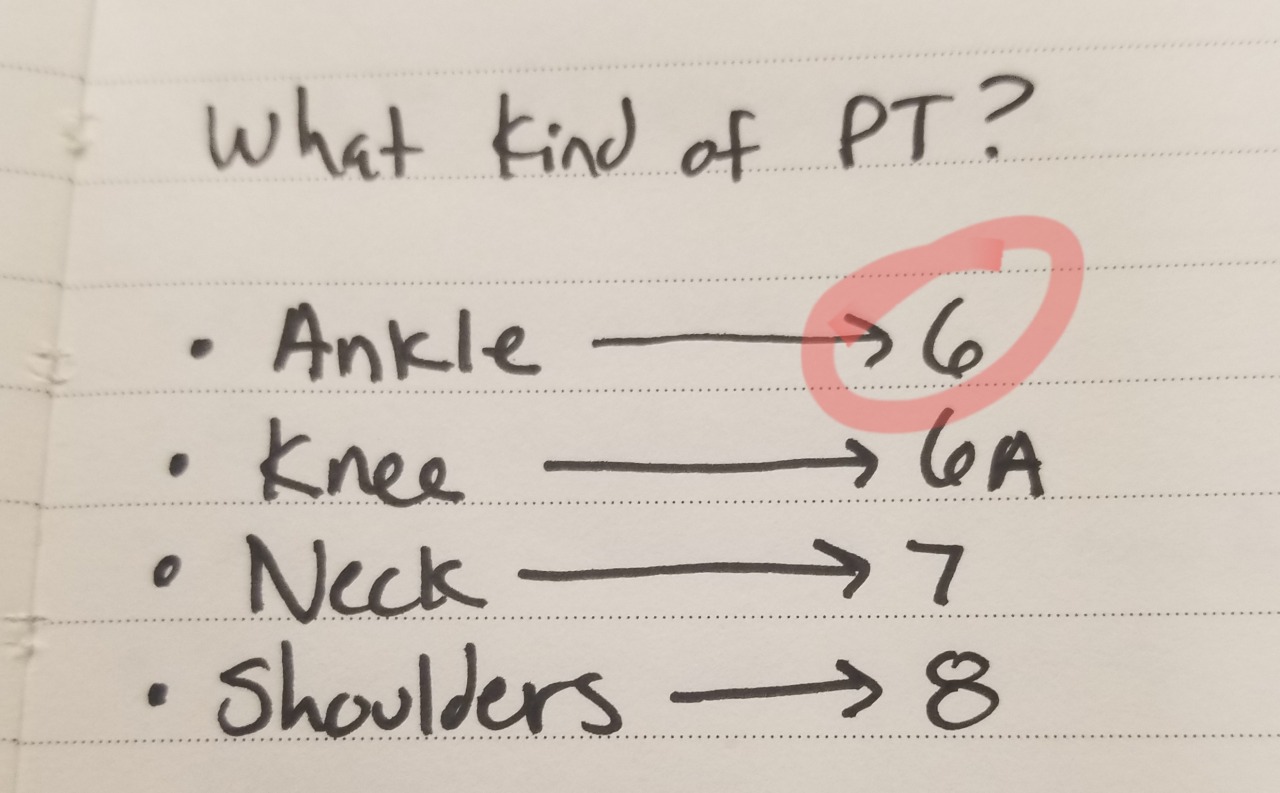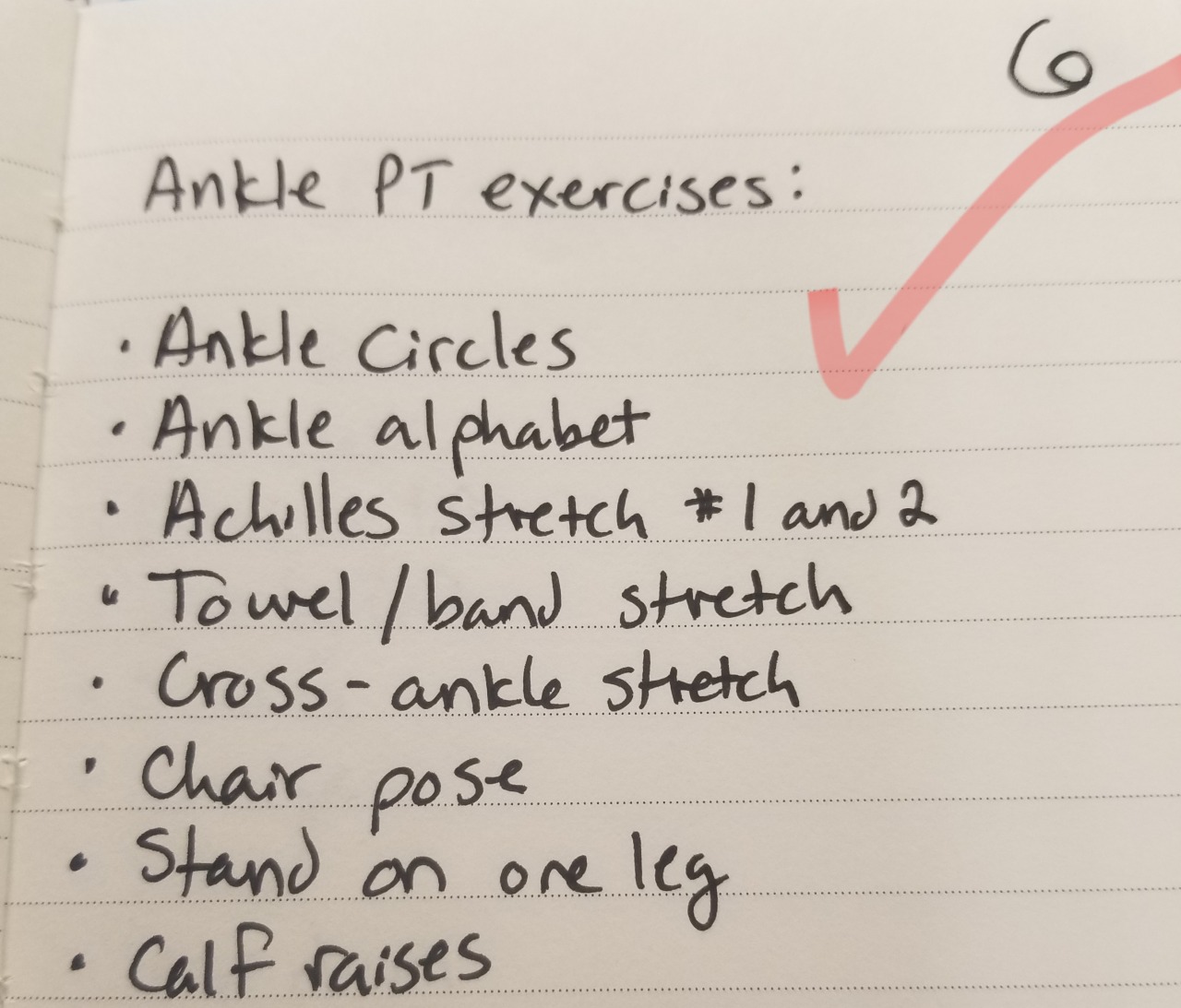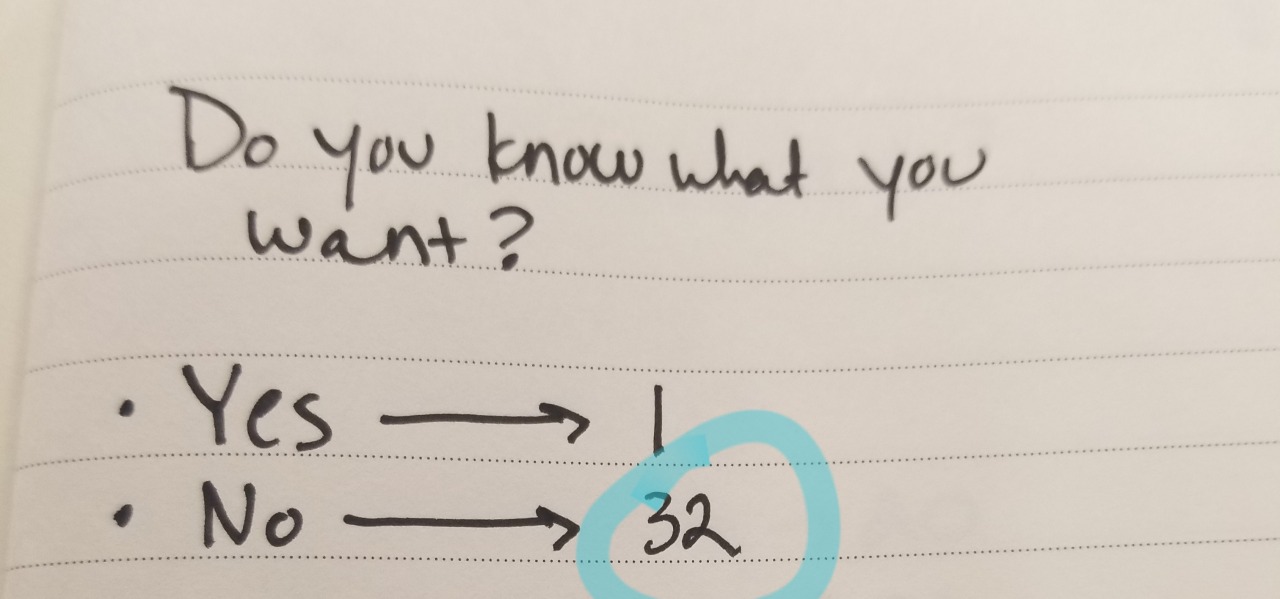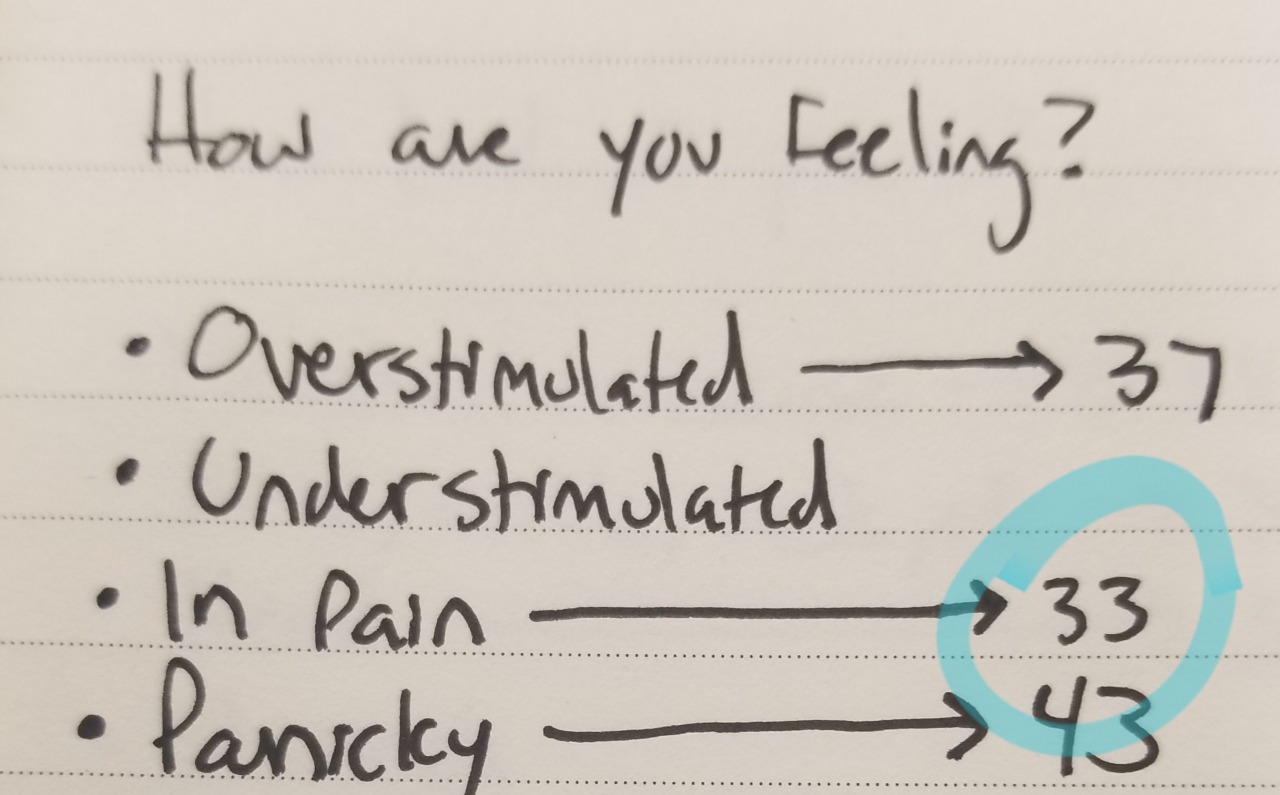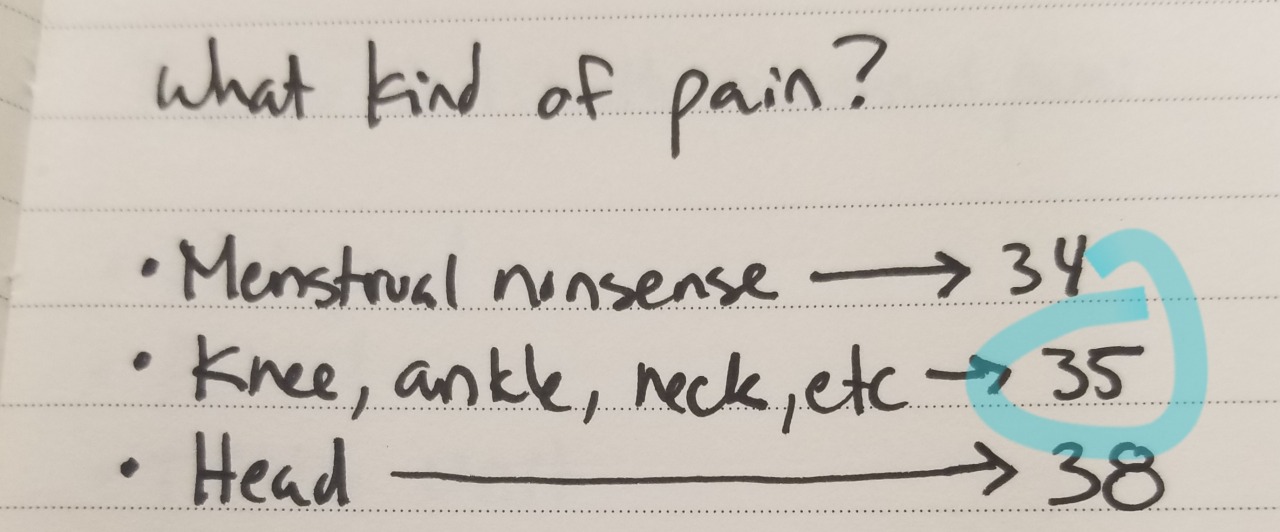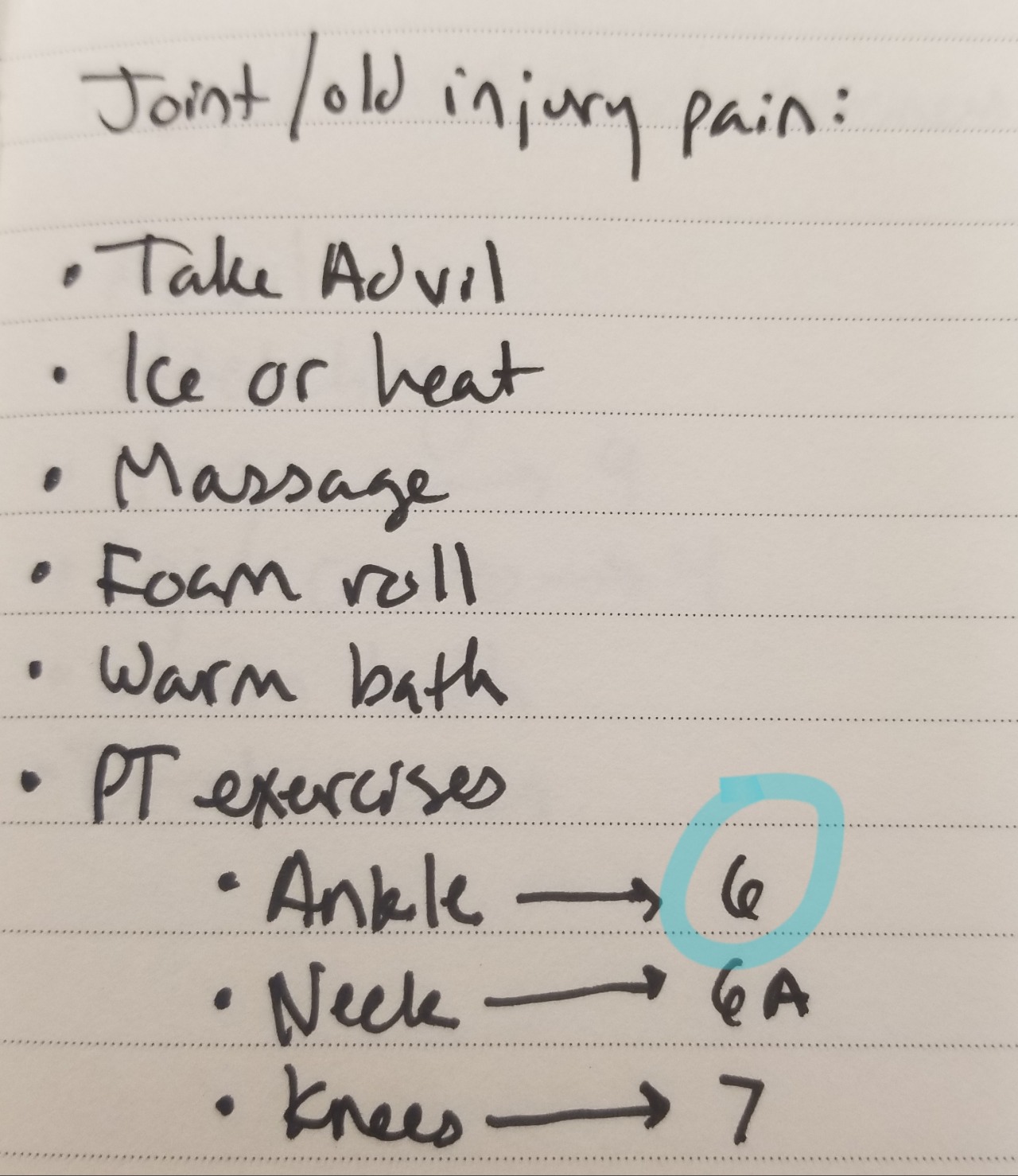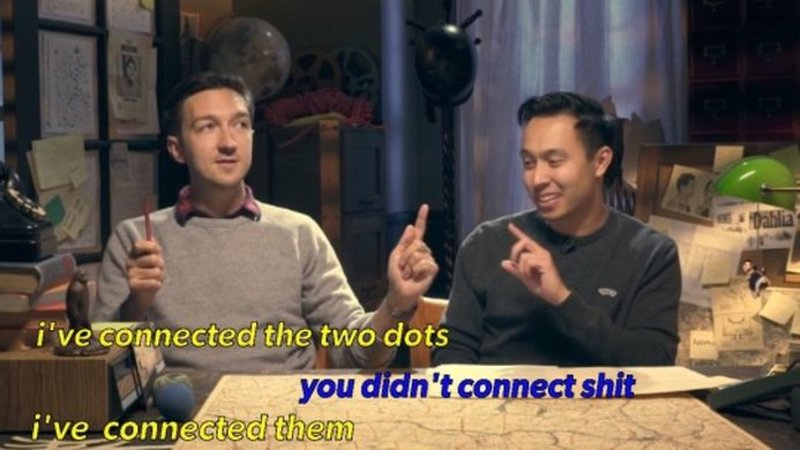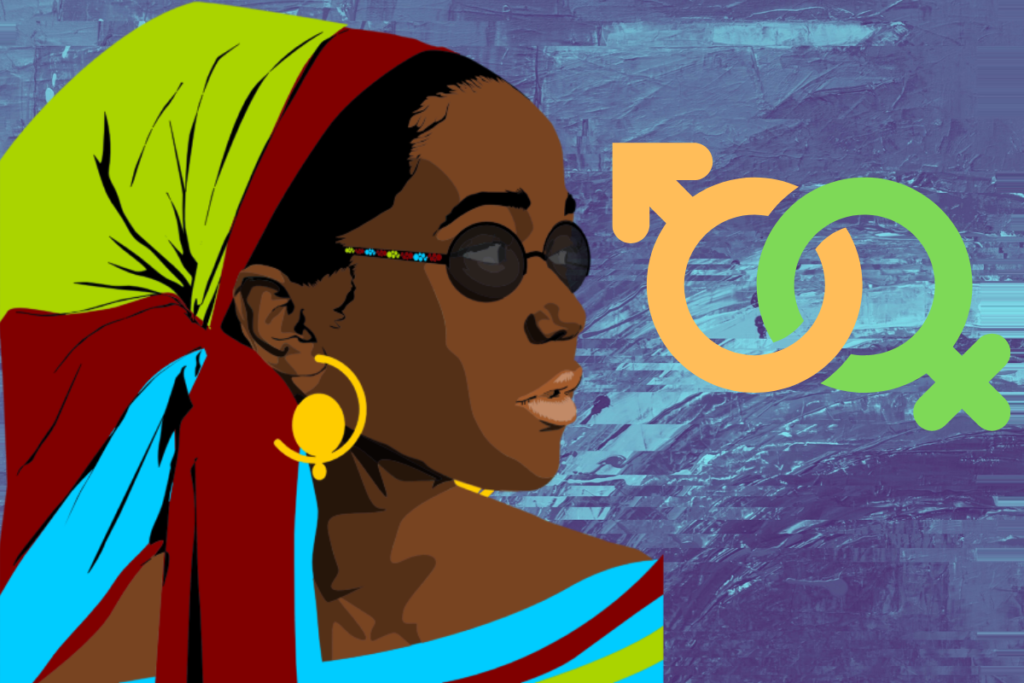I always find it kind of weird that matriarchal cultures in fiction are always “women fight and hunt, men stay home and care for the babies” because world-building-wise, it makes no sense
think about it. like, assuming that gender even works the same in this fantasy culture as it does in ours, with gender conflated with sex (because let’s be real, all of these stories assume that), men wouldn’t be the ones to make the babies, so why would they be the ones to care for the babies? why is fighting and hunting necessary for leadership?
writing a matriarchy this way is just lazy, because you’re just taking the patriarchy and just swapping the people in it, rather than actually swapping the culture. especially when there are so many other cool things you could explore. like, what if it’s not a swap of roles but of what society deems important?
maybe a matriarchy would have hunting and fighting be part of the man’s job, but undervalued. like taking the trash out or cleaning toilets: necessary, but gross, and not noble or interesting. maybe farming is now the most important thing, and is given a lot of spiritual and cultural weight.
how would law work? what crimes would exist, and what things would be considered too trivial to make illegal? who gets what property? why?
how would religion work? how would you mark time or the passage into adulthood? what would marriage look like? if bloodlines are through the mother, bastardy wouldn’t even be a concept - how does that work?
what qualities would be most important in a person? how would you define strength or leadership? what knowledge would be the most coveted and protected? what acts or roles are considered useless or degrading?
like, you can’t just take our current society and say you’re turning it on its head when you’re just regurgitating it wholesale. you have to really think about why things are the way they are and change that.
THIS IS SUCH A GOOD POST THOUGH.
I think what really bothers me about the whole “men take care of the children and tend house because they’re not in charge” thing is that it reinforces the idea that traditionally feminine work SHOULD be undervalued. That there’s no way anyone could see raising children and think, “wow, what a valuable contribution to society”. Even though families are what societies are MADE of, and if you ignore the welfare of your children the society falls apart in a generation or two.
Imagine if women were seen as the ideal political leaders BECAUSE they’re the ones best suited for raising young children. What if it was assumed that government positions were sort of scaled-up households, and that only a leader who saw their subjects as their children could be fair and compassionate enough to rule effectively? What is a village, or a country, but an extended family?
On the one hand, the ability to use physical force effectively is super important for a low-tech society, and there’s always the threat of hostile military takeover, either from outsiders or via internal revolt. On the other hand, a society where all the men want to rebel is probably not a society that’s being run at all effectively, and there are other ways of maintaining control (ie religion, cultural traditions, propaganda, etc). Women could be the more educated group–in some ways that’s even intuitive, since a non-magical preindustrial society is one with a high infant mortality rate, which means it has to have a high birth rate to compensate, which means women will be pregnant a lot. If they have trouble consistently working physically demanding trades, why not assign them to jobs that require more mental exertion? Why not a society where all the lawyers are female, all the doctors are female, all the historians and most respected poets are female? If you keep that up for long enough, eventually that gets seen as an inherent sex difference, and men don’t exert physical force because holy shit they’d have no idea what they were doing once they gained power.
It doesn’t have to be these specific differences, of course. But I think that’s the thought process that most of the best worldbuilding comes from–why are things this way? How have they stayed this way? Just saying “what if women could tell MEN what to do!” is so boring compared to asking why we value the things we value. Besides, fictional societies that are created without asking why things are the way they are are not going to stand up under close scrutiny, whether they play into or subvert our expectations.
This is such an excellent addition to my post, @apprenticebard, I am rubbing my hands together with glee.
(Not aliens, but goes along with some discussions on how cultures might differ.)
The thing about a gender hierarchy is that most gender-based “x gender is better at y task” is bullshit, and so is “all x gender have (or are supposed to have) z trait.” You will find all kinds of people of all kinds of gender presentations with all kinds of skills and traits. I mean, there is an after-the-fact correlation where girls are taught one set of things and boys are taught another, but it has zip zero zilch nada nothing to do with aptitudes and interest.
So if aptitudes and interest and the raw stuff of skills and traits is gender-neutral, how come we think some things belong to one gender or another? The answer is quite simple. Because any trait or skill that society values gets assigned to the highest gender in the hierarchy.
Let me repeat that for the folks in the back. Any trait or skill that society values gets assigned to the highest gender in the hierarchy. And you can see this because as values change, tasks and traits get passed between genders.
The best example of this that I know of is sexual appetite. See, one thing that really boggles peoples minds when they read medieval literature is that their assumptions about sex are, to us, backwards. Ask anybody today who has the greatest sexual appetite, and they’ll say it’s men! Who has the least sexual appetite? Women! A great deal of research has shown that this is bullshit, that there is a wide range in both men and women and gender tells you exactly bupkiss about sex drive, but even people who know this are guided by unconscious assumptions that men are ravening sex fiends and women are only in it for the emotions.

Except in the middle ages, they thought the exact opposite. Men were pure, in it for emotions and cerebral affection. Women were the ravening sex monsters who couldn’t control their lusts. Why? Because celibacy and sexual innocence was the highest sexual virtue. Therefore, men had it and women didn’t.
This changed in the Renaissence, when potency and virility (and hence, lots of sex) became the highest sexual virtue. Therefore, men have high sex drives and women don’t.
When you look at occupations today, and which ones we value and which ones we don’t, especially as you track changes over time, you will also notice that when men enter a field in large numbers, its prestige and pay rises. When women enter a field in large numbers, its prestige and pay fall. It is not that some jobs are high-status and men gravitate to those jobs, and women gravitate to “lesser” jobs. Instead, JOBS THAT MEN DO ARE VALUED, AND JOBS THAT WOMEN DO ARE NOT.
So for example, in the USSR there were a heck of a lot more female doctors than there were in the west at the time. Since “doctor” was a high-status occupation in the West, the West assumed that women were more equal in that they had access to high-status jobs. Not so; women were just as oppressed in the Soviet regime as they were in the West. The difference was that in the USSR, being a doctor was a low-status job. Therefore, it was open to women.
So if you are going to build a matriarchal society from scratch, your first question should not be “which genders do which jobs” but rather “which jobs are going to be high status in this society, and which are going to be low-status?” and then assign the high status jobs to the women.
This! ^^^
This post was insightful and interesting, but also rubbing me kinda the wrong way, and I couldn’t figure out entirely why until I saw @beatrice-otter’s addition.
The first thing you need to decide, when building any fictional society, is how it sustains itself. What does it run on? How does it gain power, gain security, manage labour, acquire resources? This doesn’t mean that you have to be an expert in economies or politics (although research helps). What it means is that you have to have some kind of an idea of what sort of civilization you’re looking at.
The concept of a ruler-as-parent is not inherently matriarchal (paternalism in violently bigoted societies is often a major thing, in fact, and lots of patriarchal civilzations have equated kings with fathers). The concept of a conquest-driven warrior society is not inherently patriarchal, either, we just associate parenting with women and violence with men because of our own socially-conditioned presumptions. And any civilization which heavily preferences one group of people over another is probably going to be exploitative, because that’s the main motivation for encouraging social inequity - it lets the people in power hold on to their power, and accumulate even more by increasing the disparity between their authority and other people’s. (Which isn’t to say that some of the above ideas aren’t still good ways to look at things, just that it’s kind of an incomplete perspective).
The ‘elite’ set the tone for what is valued or devalued, as it suits the climate of their society. When computers were a new and niche thing, and no one was quite sure how far they would take off, programming was considered a branch of secretary work - it was women’s work (and WoC’s work). As computers became more influential, and men in the field became more frustrated with having their work ‘devalued’ by its association with women, a concerted effort was made to drive women away from computing and associate it with them, instead. And now the typical image of a computer expert is, of course, a dude with glasses. Image campaigns were launched, more men were recruited to the field and fast-tracked to promotions, women were discouraged and pushed out via harassment and reduced career mobility, and historical retcons were put forward to make it seem as if they’d never been there to begin with. The social equivalent of headbutting your partner out of the classroom window on Science Fair Day and telling the teacher you did all the work yourself.
Of course, there is a question of how one gender initially gains this kind of advantage over another, and then builds off of it in order to reach the level of privilege where this sort of shit can fly. We don’t honestly know for certain, but women are, of course, strongly associated with the ‘gives birth’ end of the reproductive equation. Pregnancy, labour, breastfeeding, these things can all disadvantage someone when it comes to doing other stuff - especially if you’re doing them routinely because infant mortality rates are high and birth control is less-than-reliable. Free time and mobility are significant factors in who can explore their interests or focus on learning new skills, travel to other places, or investigate untested concepts.
So, provided the genders of this hypothetical matriarchy are still composed along our own lines of thinking*, that should probably be taken into account when considering what runs this civilization**. Either the people going through pregnancies need to have an easier time of it for some reason (i.e. magic makes it easier on them, society is comprised of immortals who can waste time on loads of stuff anyway, etc) or the people not having babies need to have a harder time of it for some reason (i.e. magic makes it rougher on them, pregnancy provides some kind of immune boost that makes people more resistant to some kind of plague, etc).
Because the unpaid/unacknowledged part of the equation is the most important. A matriarchy which is run by rule of violence still might not be all that interesting to read/write about in the end (at face value, it can look less like a meaningful social critique, and more just like ‘look how horrible the world would be if women were in charge! This is what feminists want!!!’ which is.. tiresome). But in order to switch that around, step one is figuring out where the power is, and how this one group of people got a hold of it. That will give you the best indicator for how they should go about keeping it, which will, in turn, tell you what social roles are probably going to be the most lauded and compensated.
*More works which change this up would be pretty cool, I think. And shine some light on the arbitrary nature of a lot of presumptions about gender.
**Of course, that’s if you don’t just want to shrug and go ‘I dunno, something happened in the early days of the major society we’re focusing on, and the advantage tipped far enough the other way that women have been able to build up on it since’ - that’s also totally fair.


